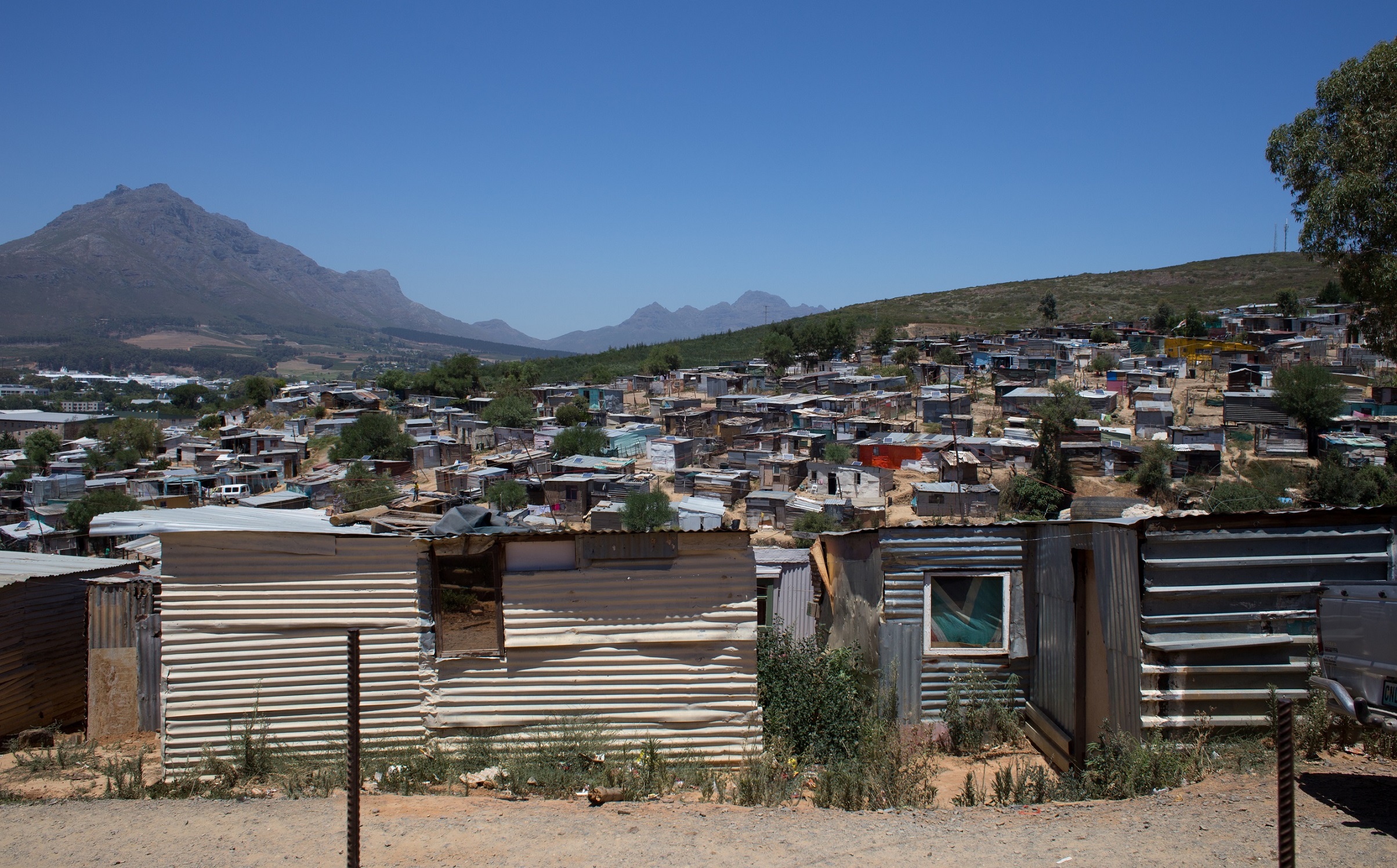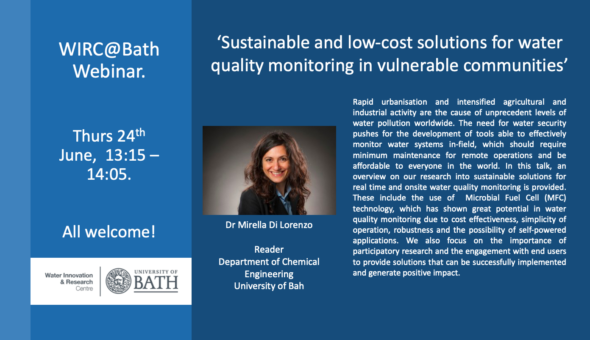Dr Lee Bryant, member of the Architecture and Civil Engineering Water, Environment and Infrastructure Research (WEIR) and WIRC @ Bath groups, visited the University of Stellenbosch Water Institute (near Cape Town, South Africa) on October 29 through November 4, 2015. This visit was funded by a Bath International Mobility Grant. Her visit coincided with a visit by the Director of WIRC @ Bath, Professor Jan Hofman. During this visit, Lee met with Professor Gideon Wolfaardt, the Director of the Stellenbosch Water Institute, to discuss and plan a project based on manganese (Mn) biofilm problems occurring within irrigation piping networks stemming from the Blyderivierpoort reservoir in the agriculturally driven Limpopo province, located in northern South Africa.

The Limpopo province provides 75% of mangoes, 65% of starfruit, 25% of citrus, 25% of lychees, 75% of tomatoes, 54% of macadamia nuts, and 60% of avocados in South Africa. Mn biofilm issues are currently resulting in significantly decreased flow and water supply to downstream farmers, leading to diminished produce production. Lee plans to return to South Africa in spring 2016 (to be funded by a Bath International Accelerator grant) for preliminary fieldwork supporting this project. During her Oct/Nov visit, she also met jointly with Professor Hofman and Professsor Wolfaardt to discuss future collaborations between Bath and Stellenbosch. Additionally, she met with Dr Wesaal Khan, also a member of the Stellenbosch Water Institute, to confirm plans for fieldwork and microbial analyses supporting the project of Dr Bryant’s PhD student Olivia Cooke (via the Water Informatics: Science & Engineering (WISE) CDT programme). Dr Khan is co-supervising Olivia’s project along with Dr Thomas Kjeldsen (WEIR/WIRC member). Olivia’s project will focus on assessing nutrient and pathogen transport in the river system adjacent to Enkanini, an informal settlement located one mile from Stellenbosch, during flooding events. Dr Khan is leading microbiological research related to rainwater harvesting systems within Enkanini.

Respond



